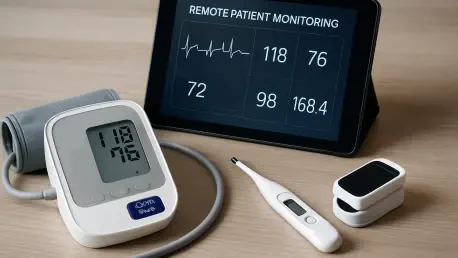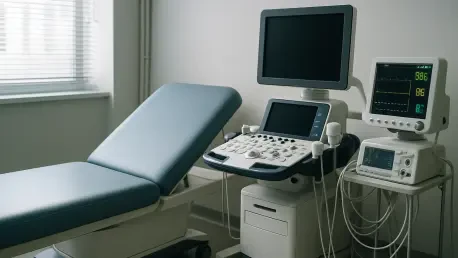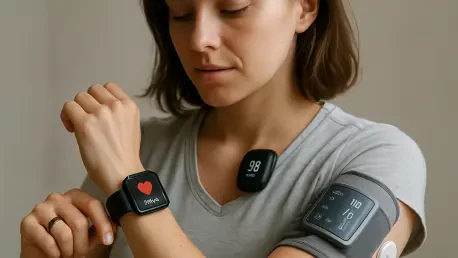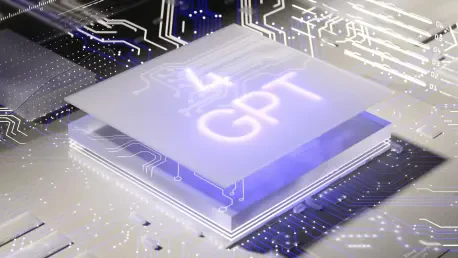
The promise of remote patient monitoring isn’t in glossy pilots or splashy press; it lives in the daily grind of fewer avoidable admissions, tighter care coordination, and happier clinicians. Yet many health systems remain stuck in proof-of-concept purgatory. This editorial offers a practical

The global Femtech sector is empowering women and growing monumentally. Countries around the globe represent digital health, reproductive technology, diagnostics, and women's personalized wellness. Aging societies and a greater awareness of women's health problems, along with more use of telehealth

In vitro diagnostic technologies provide medical professionals with a platform to perform tests on biological samples collected from the human body, including urine, blood, and tissue. These treatment devices allow professionals to do research that can enhance health services and improve patient

The way people think about health has changed a lot over the last ten years. They don’t just go to the doctor and get checked once a year like they used to. Now, healthcare is literally in everyone’s hands, pockets, arms, and even fingers. Wearable technology has been developed to help people

Every industry has adapted and implemented artificial intelligence, machine learning, and similar technologies where applicable, and healthcare is no different. The sector has taken it one step further and provided these advanced tools directly to its patients. The age of convenience is here.

Artificial Intelligence (AI) is already changing many work fields, and healthcare is one of them. But AI's part in medicine is relatively fresh, and experts are still debating its role in the future. A study conducted in 2023 showed that many Americans are uncomfortable with their doctors using